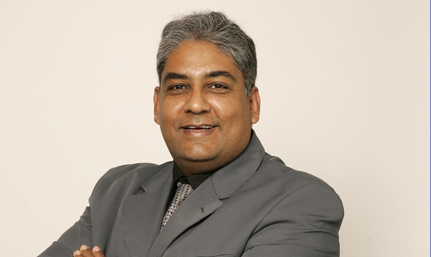|

|
Prof Hussein Solomon
Photo: Supplied
25 February 2013 |
Prof Hussein Solomon, Senior Professor in the Department Political Studies and Governance, has been appointed Senior Research Associate of the Israeli think tank Research on Islam and Muslims in Africa (RIMA).
Prof Solomon will give an expert voice on the topic of Islam in Africa, participating with other researchers in the network on political Islam and terrorism on the African continent. The centre is the only one in the world which solely deals with Islam and Muslims in Africa.
An expert on the topic of Islam on the continent, Prof Solomon says it’s an important focus area given the rise of Al Shabab in Somalia and its terrorist attacks across the world. He further mentions the rise of Al Qaeda in the Islamic Maghreb and other such groups operating in Northern Mali, prompting the recent French intervention, as well as the increasing incidence of terrorism in Nigeria perpetrated by the Islamist Boko Haram. "If you want to save lives, then you need to understand how such movements originated and how they operate."
The academic says through RIMA and its global network, he will work with other researchers and engage in collaborative research projects on the same issue, allowing for the rapid cross-pollination of ideas. "For the University of the Free State, it once more underscores the fact that, with the information age, you do not have to be in the capital of the country to be globally relevant. Indeed, in recent years the University of the Free State has increasingly been seen as a global actor in the academic arena."